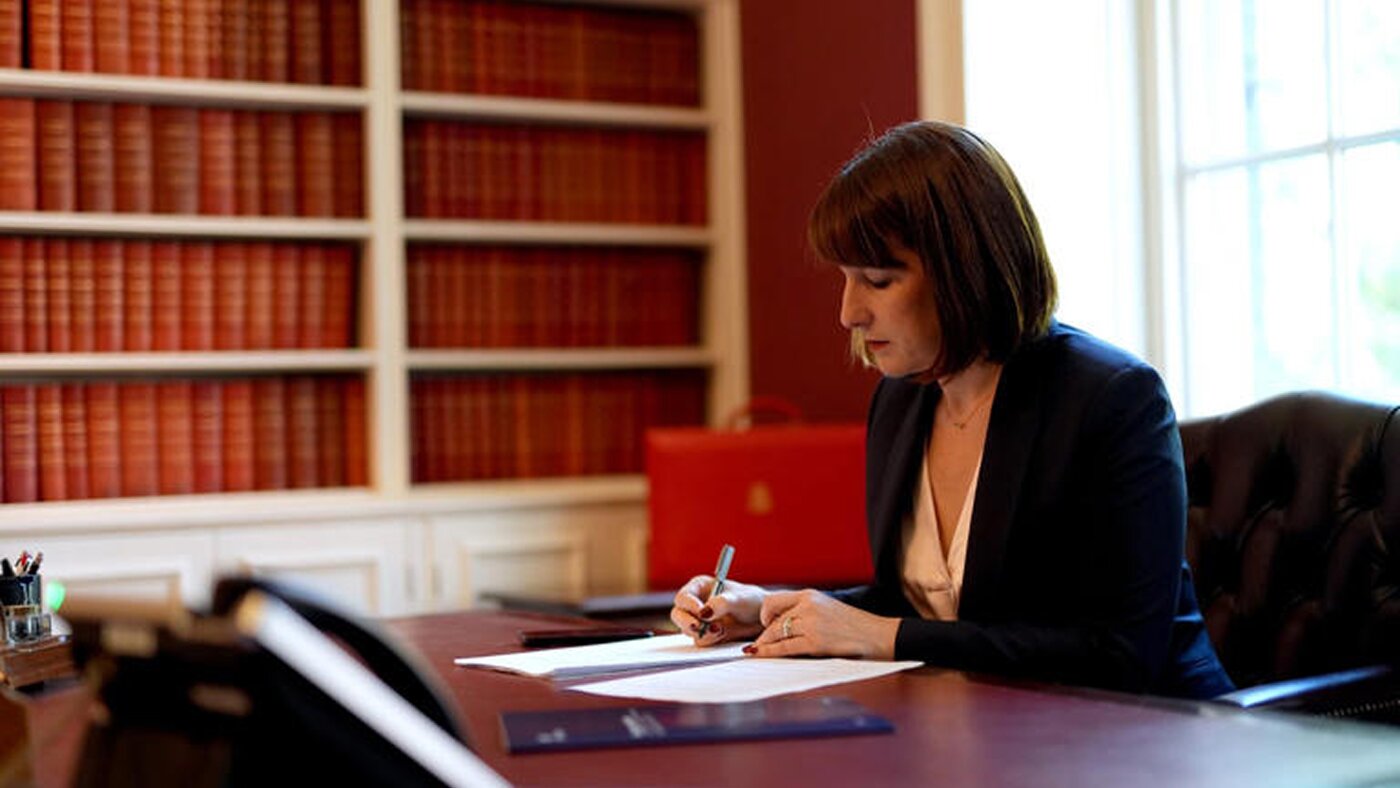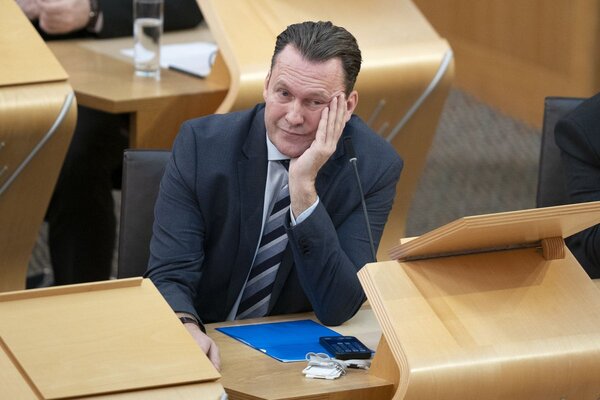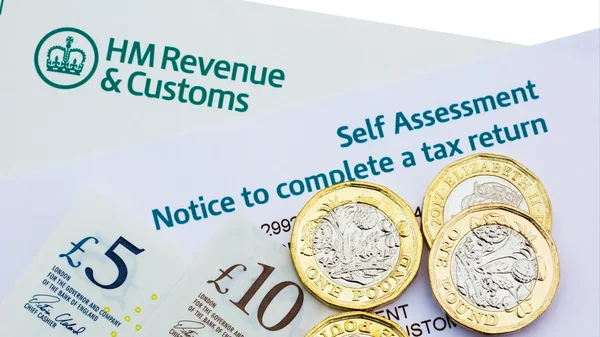Chancellor Rachel Reeves is poised to dismiss calls, particularly from left‑wing Labour MPs and union leaders, for a new wealth tax, despite growing pressure to plug a looming £20bn–£30bn deficit in the public finances.
While former Labour leader Lord Kinnock has proposed a 2% annual levy on assets over £10 million, Reeves and key cabinet ministers have warned that it could spark capital flight, yield little revenue, and undermine investment.
With a £30 billion gap to fill, exacerbated by welfare reversal and reinstated winter fuel payments, Reeves is instead weighing options like extending income tax freezes, hiking capital gains tax, and reshaping pension tax relief to help balance the books without derailing economic growth.
Pressure from Labour Left and Unions
Lord Neil Kinnock has reignited the wealth tax debate, suggesting that taxing assets over £10 million at 2% annually could raise as much as £11 billion.
His call has won endorsement from Labour backbenchers and unions like Unison, with general secretary Christina McAnea describing it as a “much fairer way of raising revenue to invest in public services and grow the economy”
Government Cautions Against Capital Flight
Multiple cabinet sources have labelled the wealth tax a “non‑starter”, insisting that the wealthy will shift their assets abroad. One minister commented, “Wealth taxes don’t work. Just look at what’s happened in other countries… they don’t raise money, certainly not the kind we need”
Another added, “Wealthy people are mobile, they can move their assets to other more favourable jurisdictions” The Royal Bank of Canada’s CEO echoed these concerns, warning that fears over a wealth tax could compound the flight of high‑net‑worth individuals following non‑dom reforms
Autumn Budget Tightrope
Reeves is navigating a tightrope ahead of the autumn Budget. Although she has ruled out new taxes on working people, income tax, VAT, and national insurance, she has left other possibilities open.
Chief Secretary Darren Jones has hinted that tweaks to capital gains tax or broadening national insurance could be on the table, although ambiguity around what counts as “working people” has raised eyebrows. With around £5–£6 billion of welfare policy reversals, including scrapping welfare cuts and reinstating winter fuel payments, already factored in, further revenue will be needed.

The Capital Gains Route
Capital gains tax, currently lower than income tax for higher earners, is under scrutiny. A higher‑rate taxpayer only pays 24% CGT on property or share profits, compared to 40% if it were income. Reeves has already raised CGT once and may raise it again, although experts warn that overly aggressive hikes could stifle investment and reduce revenue as investors delay realising gains
Pension Relief Reform Considered
A more radical proposal involves tapering pension tax relief, currently 40% for high earners and 20% for basic-rate payers, to a single standard rate. Economists project this could generate up to £15 billion a year, though critics warn it could feel like double taxation since pension withdrawals are also taxed
Global Lessons and Complexities
History shows wealth taxes often fail. Eight European countries, including France, Sweden and Germany, abandoned them. Spain raised just €632 million in 2023—0.5% of total tax revenue, while Norway’s rate hike reportedly lost more than it gained. Administrative burdens, annual valuations of assets like property, art and private holdings pose further challenges
Conclusion
Chancellor Rachel Reeves is preparing to reject direct wealth taxes in favour of alternative revenue strategies to avoid capital flight and preserve investment. Faced with a substantial fiscal gap, estimated between £20–30 billion, stemming from welfare U-turns and fuel benefit reinstatements, the government is exploring more subtle tax measures.
These could include freezing income thresholds until 2030, increasing capital gains tax, and reforming pension tax relief. While these alternatives may yield significant revenue, they don’t escape political scrutiny. The autumn Budget will reveal how Reeves balances her manifesto promises with the need to stabilise public finances, all while safeguarding economic growth.










